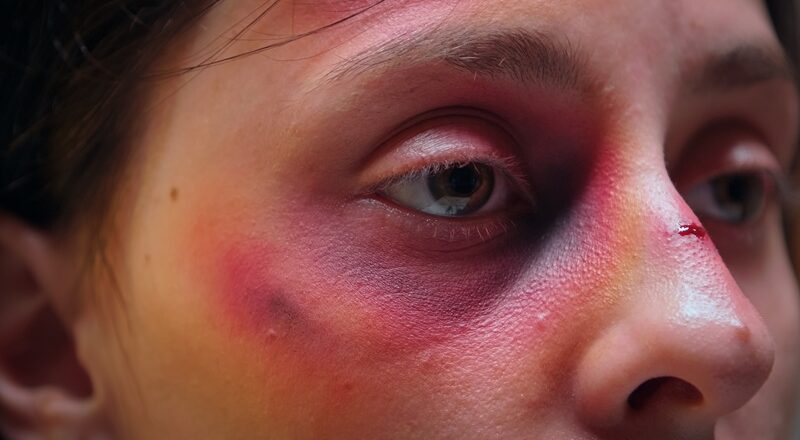Eye injuries can happen unexpectedly, and prompt action is crucial to prevent permanent damage. Understanding how to react can help protect your vision. This guide outlines necessary steps to take if you or someone nearby experiences an eye injury.
Recognizing Eye Injuries:
Common Types of Eye Injuries
- Chemical Burns: Contact with household cleaners or industrial chemicals may result in serious harm.
- Scratches (Corneal Abrasions): Often caused by contact with dust, sand, or even fingernails.
- Foreign Objects: Small items like metal particles or wood shavings can get lodged in the eye.
- Blows to the Eye: Impact from balls, fists, or falls can lead to significant harm, such as orbital fractures or a black eye.
- Penetrating Injuries: Sharp objects like glass or metal can penetrate the eye and are among the most severe emergencies.
Symptoms to Watch For
- Redness and irritation
- Pain or discomfort
- Excessive tearing
- Blurred or decreased vision
- Light sensitivity
Immediate Actions to Take
Chemical Exposure
- Rinse Your Eye: Rinse the eye thoroughly with clean water or saline solution for a minimum of 15 minutes without delay. Use lukewarm water and keep the affected eye downward to prevent contaminating the other eye.
Scratches and Foreign Objects
- Do Not Rub Your Eye: Rubbing can worsen the injury.
- Blink Several Times: Blinking can help remove small particles.
- Use Eyewash: If blinking does not help, try using eyewash or clean water to flush out the object.
Blows to the Eye
- Apply a Cold Compress: Do not put pressure on the eye. A cold compress helps minimize swelling and ease discomfort.
Penetrating Injuries
- Do Not Remove the Object: Attempting to remove a sharp object can cause more damage.
- Cover the Eye: Use a clean cloth to shield the eye until you receive professional care.
When to Seek Professional Help
Signs You Need Immediate Medical Attention
- Persistent pain or discomfort
- Changes in vision
- Visible foreign object that cannot be washed out
- Continuous bleeding or blood in the clear part of the eye
Treatment Options at Professional Facilities
What to Expect at the Hospital or Clinic
- Examination: Medical professionals will examine your eye with special tools to assess the injury.
- Treatment: Treatment may include medications, removing foreign objects, or in severe cases, surgery.
- Follow-Up: Additional visits may be necessary to ensure the eye heals properly.
How to Prevent Eye Injuries
Safety Measures to Implement
- Store dangerous chemicals and sharp objects in a secure place, away from children’s reach.
- Store dangerous chemicals and sharp objects in a secure place, away from children’s reach.
- Ensure that living and workspaces are well-lit to avoid tripping or bumping into objects.
Conclusion
Eye injuries require prompt action to prevent severe damage. Knowing what to do in the moment can make a significant difference in recovery outcomes. For any severe or persistent issues, it is crucial to seek professional medical care immediately.
Need Emergency Eye Care?
If you experience an eye injury, do not hesitate to visit Markham Vision Centre. Our experienced professionals are prepared to manage all kinds of eye emergencies.
Protect your vision by being prepared for emergencies and consulting with professionals when necessary. Your eyes are invaluable—treat them with care!
Contact Us for Immediate Assistance
- Phone: +1 905-472-2020
- Visit: 9275 Markham Rd, Markham, ON L6E 1A3, Canada
FAQs About Eye Injuries
What should I do if my child gets something in their eye?
Gently flush the eye with water. If the object does not come out or if there is pain or redness, seek professional help immediately.


